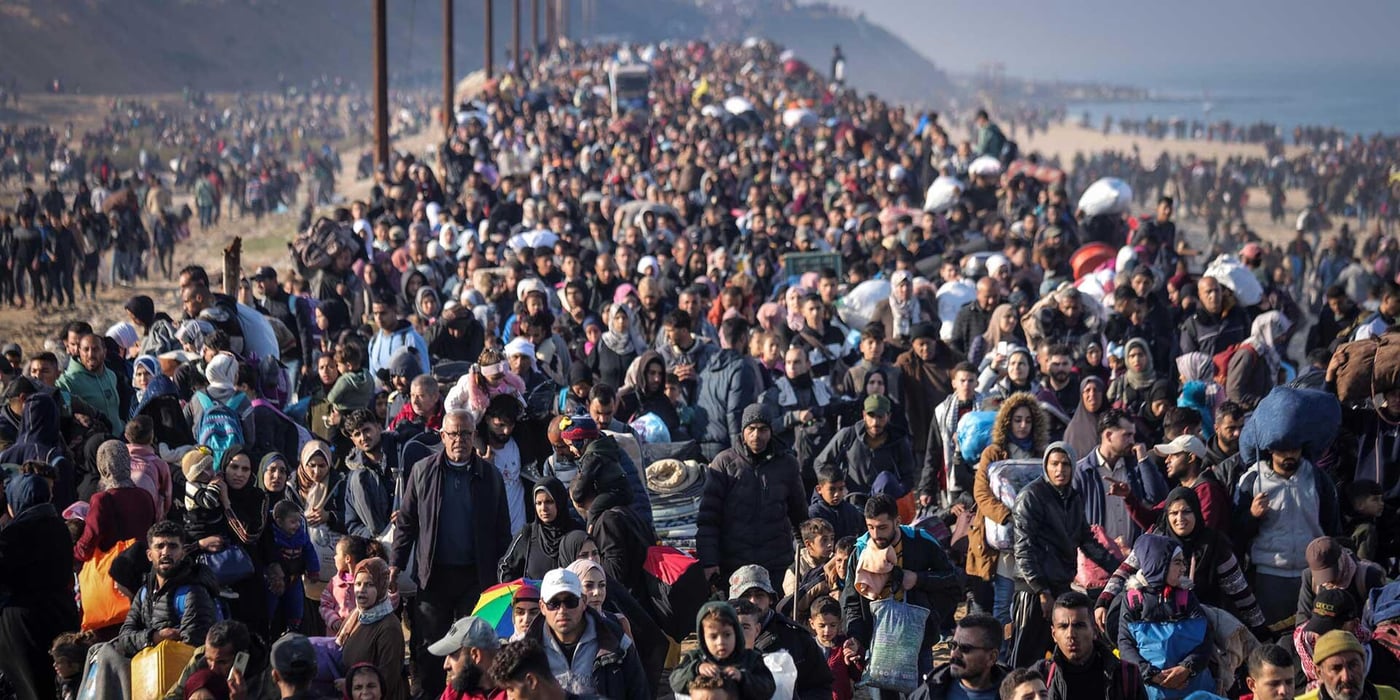Press release
“Seldom have we seen such an overt test of our global humanity as in this pandemic-stricken world of 2020. Thirty-seven rich countries will throw a combined $11 trillion at keeping their large economies afloat, while 63 poorer nations are not even close to receiving the $ 40 billion they desperately need in emergency aid. The unanswered aid appeal is just 0.36 per cent of the money pledged within OECD countries. The verdict of history will be harsh,” said Jan Egeland, Secretary General of the Norwegian Refugee Council (NRC).
The $40 billion humanitarian ask is intended to support 63 countries with limited existing capacities to manage the direct and indirect impact of the pandemic. It includes 25 pre-existing humanitarian crises, such as Syria and Venezuela, where protracted conflict, disaster and hunger affected millions of people before the arrival of Covid-19.
The alarming funding disparities come off the back of a new report launched today by NRC titled Make or break: the implications of Covid-19 for crisis financing, which calls for more flexible, multi-year humanitarian funding, and a fundamental rethink of how the international community prepares for and responds to humanitarian crises.
“Covid-19 is bringing unprecedented upheavals and opportunities for change to economies, and the humanitarian sector should be no different. This crisis demands both far greater generosity from the world’s richest peoples, but also a commitment from all of us to dramatically change the way we work,” Egeland said.


